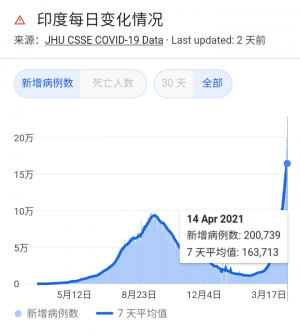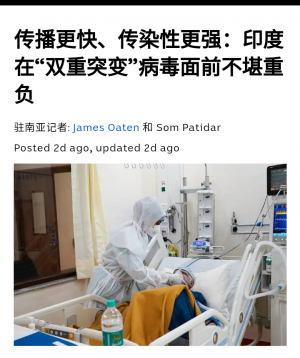Blood clots as prevalent with Pfizer and Moderna vaccine as with AstraZeneca's: study
A study by Oxford University found the number of people who receive blood clots after getting vaccinated with a coronavirus vaccine are about the same for those who get Pfizer PFE, 1.08% and Moderna MRNA, -2.54% vaccines as they are for the AstraZeneca AZN, 1.91% vaccine that was produced with the university's help. According to the study, 4 in 1 million people experience cerebral venous thrombosis after getting the Pfizer or Moderna vaccine, versus 5 in 1 million people for the AstraZeneca vaccine. The risk of getting CVT is much higher for those who get COVID-19 -- 39 in a million patients -- than it is for those for get vaccinated. AstraZeneca's vaccine use has been halted or limited in many countries on blood clot concerns.
A study by Oxford University found the number of people who receive blood clots after getting vaccinated with a coronavirus vaccine are about the same for those who get Pfizer PFE, 1.08% and Moderna MRNA, -2.54% vaccines as they are for the AstraZeneca AZN, 1.91% vaccine that was produced with the university's help. According to the study, 4 in 1 million people experience cerebral venous thrombosis after getting the Pfizer or Moderna vaccine, versus 5 in 1 million people for the AstraZeneca vaccine. The risk of getting CVT is much higher for those who get COVID-19 -- 39 in a million patients -- than it is for those for get vaccinated. AstraZeneca's vaccine use has been halted or limited in many countries on blood clot concerns.







